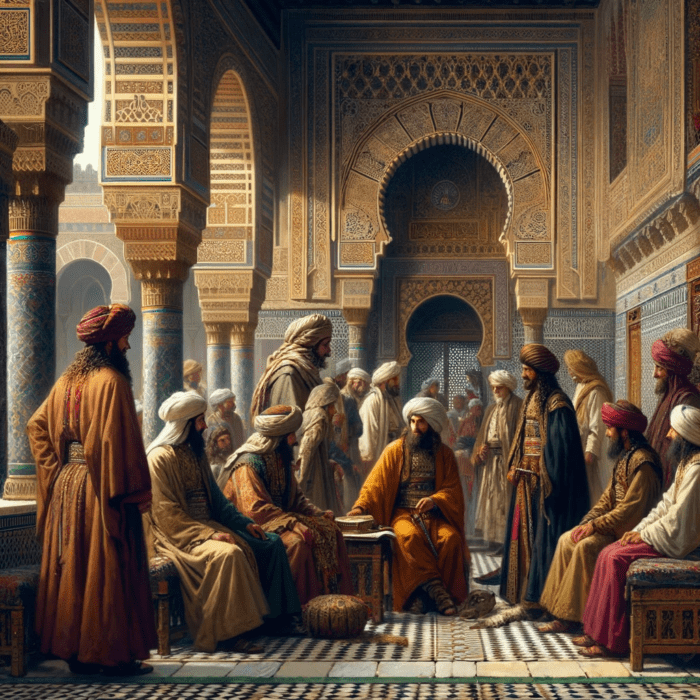In the diverse tapestry of African economies, the Muslim-majority countries hold a unique and historically rich position. Trade, both past and present, plays a pivotal role in shaping their economic landscapes. This article delves into the historical significance and the current statistical data highlighting the impact of trade in these nations.

Historical Context
The history of trade in Muslim countries in Africa is deeply intertwined with the spread of Islam across the continent. This expansion, which started around the 7th century, brought with it not only a new religion but also a new economic and social structure. One of the most significant periods in this context was the golden age of the Islamic civilization (8th to 14th centuries), during which Muslim-majority regions in Africa, notably in North Africa and the Swahili Coast, became hubs of international trade.
Cities like Cairo, Marrakech, and Timbuktu turned into bustling centers, where caravans laden with gold, salt, and other precious commodities converged. The Swahili Coast, encompassing modern-day Kenya, Tanzania, and Mozambique, flourished as a trading nexus, linking Africa with the Middle East, India, and even far-off China.
Modern Trade Landscape
Fast forward to the present, and trade continues to be a cornerstone of the economies in Muslim countries of Africa. These nations are active players in both continental and global trade. The following are key statistics and facts that illuminate this aspect:
- Diversification of Exports: Many of these countries have diversified their exports beyond traditional commodities. For instance, Morocco, a leading economy in North Africa, has developed a robust manufacturing sector, exporting automotive parts and electronics to Europe and beyond. According to the World Bank, Morocco’s export of goods and services constituted about 39.2% of its GDP in 2020.
- Intra-African Trade: The African Continental Free Trade Area (AfCFTA), launched in 2021, is expected to be a game-changer, particularly for Muslim-majority countries in Africa. This agreement aims to create a single market for goods and services, facilitating increased intra-African trade, which currently stands at around 17% of total African exports, as reported by the African Union.
- Trade with the Middle East and Asia: There is a significant trade relationship between African Muslim-majority countries and regions like the Middle East and Asia. For example, countries like Egypt and Algeria have strong trade ties with the Gulf states, exporting agricultural products, minerals, and energy resources. The IMF notes that Middle East and North African (MENA) countries’ trade with Sub-Saharan Africa has been growing, reaching nearly $35 billion in 2019.
- Economic Growth and Trade Balance: Many of these countries have seen robust economic growth partly fueled by trade. For instance, according to the World Bank, Senegal has experienced an average GDP growth of around 6% in recent years, supported by its trade in fish, phosphates, and agricultural products.
- Infrastructure Development: Investment in infrastructure, such as ports in Djibouti and railways in Tanzania, has been crucial in supporting trade. These developments not only enhance domestic economic capabilities but also improve regional connectivity. The African Development Bank highlights significant investments in African infrastructure, amounting to over $75 billion annually.
Challenges and Opportunities
While the trajectory is promising, there are challenges that these countries face in maximizing their trade potential. Infrastructure deficits, bureaucratic hurdles, and political instability in certain regions are some of the impediments. However, initiatives like the AfCFTA and increasing digitalization offer avenues for overcoming these challenges and harnessing the full potential of trade.
Then…
… trade remains a vital artery in the economies of Muslim countries in Africa. From the historical caravan routes to modern-day global trade networks, these nations have continuously evolved and adapted their trade practices. As they face the future, balancing growth with sustainability and equity will be key to ensuring that trade continues to be a cornerstone of their economic prosperity.
Sources:
- World Bank
- African Union
- International Monetary Fund (IMF)
- African Development Bank

Team ProdAfrica
team@prodafrica.com